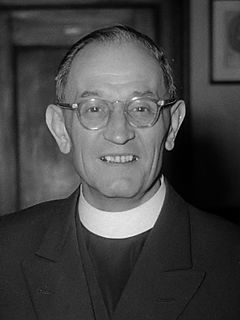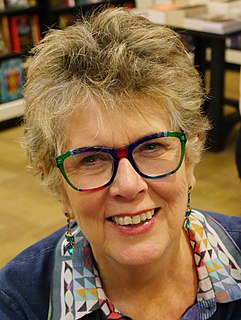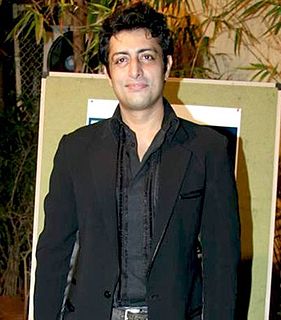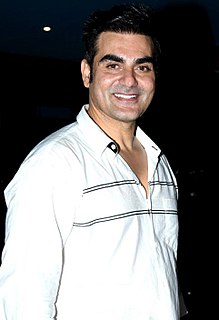A Quote by Forest Whitaker
I think 'The Color of Money' was very instrumental in opening up other opportunities. People started to recognize me as an artist after that film. And then, after I did 'Bird,' it was more solidified.
Related Quotes
First they went after the Communists, and I did not stand up, because I was not a Communist. Then they went after the homosexuals and infirm, and I did not stand up, because I was neither. Then they went after the Jews, and I did not stand up, because I was not a Jew. Then they went after the Catholics, and I did not stand up, because I was Protestant. Finally, they went after me, and there was no one left to stand up for me.
First, I started to play the organ. I did that until I was 11. From the age of 11 to 13, I gave up music entirely. And then at 13, I picked up the guitar, and after one and a half years, I started practicing intensively. I began playing in rock bands, and it was there that I discovered that the music I liked to write was always instrumental.
You may not realize initially how many other opportunities are wrapped up inside the first one. After you go through the first door, you'll then discover more doors automatically opening behind that one. One door leads you to another door, which leads to another door, and so one. It's like ten other boxes packed inside one box. The initial door that God opens is your access to more opportunities. But you must be willing to walk through the first one to get to the other good things God has for you.
David's [Cunningham] a very interesting character. He has more integrity than is good for him. So, everything he did after that sort of undermined what he'd done. Other people who kind of took life more cheaply, would have really gone for it. David almost did everything he could to scupper the whole thing, which I very much admire, but of course it was deeply irritating then, because we wanted to make a bit of money! So we made this very catchy tune and then he added a bunch of weird stuff which was all very strange.
I do remember at my very first opening in 1979 another artist coming up to me, and he was haranguing me, saying, "Did you really intend for these things to be so dumb? You just put it there and took a picture of it." He wouldn't let it go. So that's what made me think about the dumbness aspect more.
I was so lucky because I started working very young. And my father was very wealthy and I didn't need to work. I did my films. I was very well paid for my age, and I could make choices, decide not to do a film for six months and wait until I'd get the right thing. Which made me quite a coward, you know. It's so easy to say no to stuff, and then, after a while, it's very hard to go back in.


































